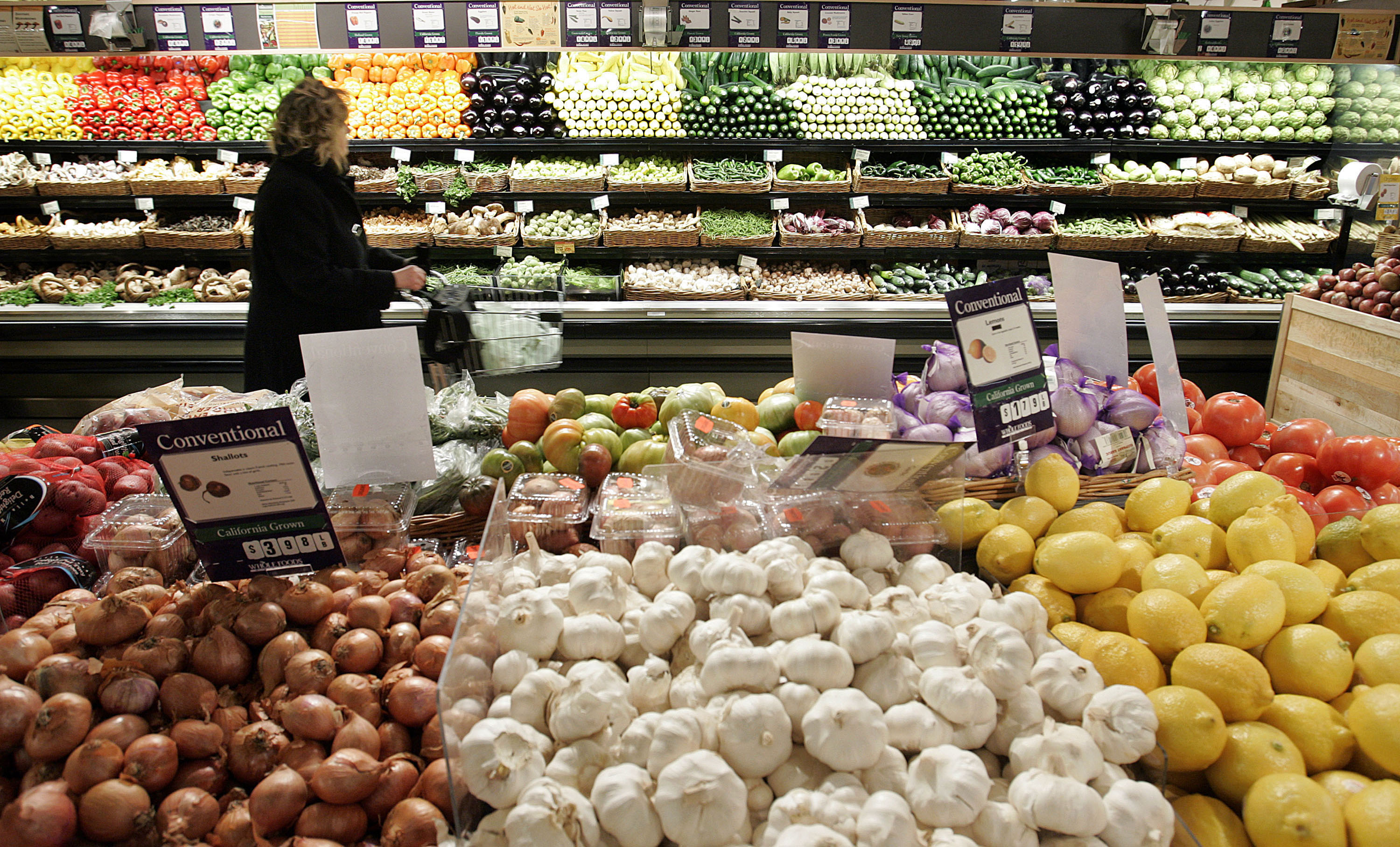As people recede from public life during the spread of the coronavirus and shut down shops and other gathering places in order to mitigate the effect of the virus in their communities, those who are able-bodied and have the means can ease the stress others are facing.
The elderly, who are particularly susceptible to the virus, are especially in need of support from their communities. With limited access to food due to closures and the possibility of exposing oneself to the virus at stores, millions of elderly people may require the initiative of their neighbors to replenish their supplies. (RELATED: Coronavirus Reportedly Pushing Gun And Ammo Sales Skyward)

NEW YORK – JANUARY 13: A woman shops in the produce section at Whole Foods (Photo by Stephen Chernin/Getty Images)
Small businesses that have had to close in many states and cities will also need the support of their communities until they receive permission to reopen.
Here are some ways to help those in your community during this emergency:
- Buy food from local small businesses who are offering delivery and have the food delivered to an elderly person’s home.
- Create a rotation of people in your apartment building who can take turns to go to the grocery store or pharmacy if they have a car or can walk the distance. No need to knock on individual doors if you don’t know your neighbors and want to ask who’d be interested in participating — place a sign-up sheet in a lobby/common area of the building requesting email/phone contact information of those who’d like to participate, and contact them with questions about time availability to set up a schedule. If you live in an apartment building, ask the building landlord if you could extend the offer to the disabled or elderly in your building via the building email, if one exists.
- Offer to collect trash for elderly or disabled neighbors in your apartment complex, but don’t enter their home so there’s no risk of virus exposure. Ask the building landlord or maintenance if they could extend the offer to those who may need the help via email. Trash can be placed outside of apartment doors for collection.
- Don’t forget about non-essential business owners who may be suffering a loss of revenue in some states and cities where all non-essential business owners were asked/ordered to close. This includes barbers, some restaurant-owners, and cafe-owners. Contact them to inquire about gift card purchases which you can spend at a later date.


